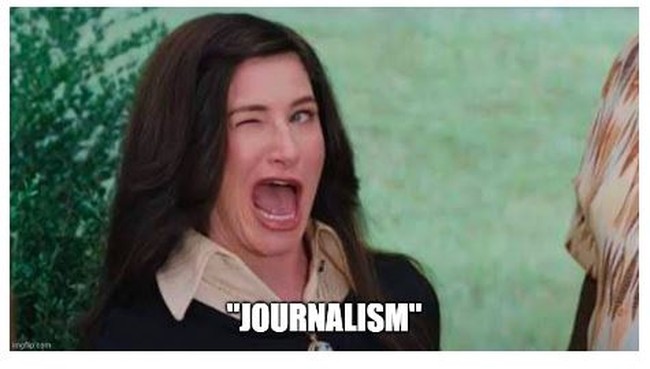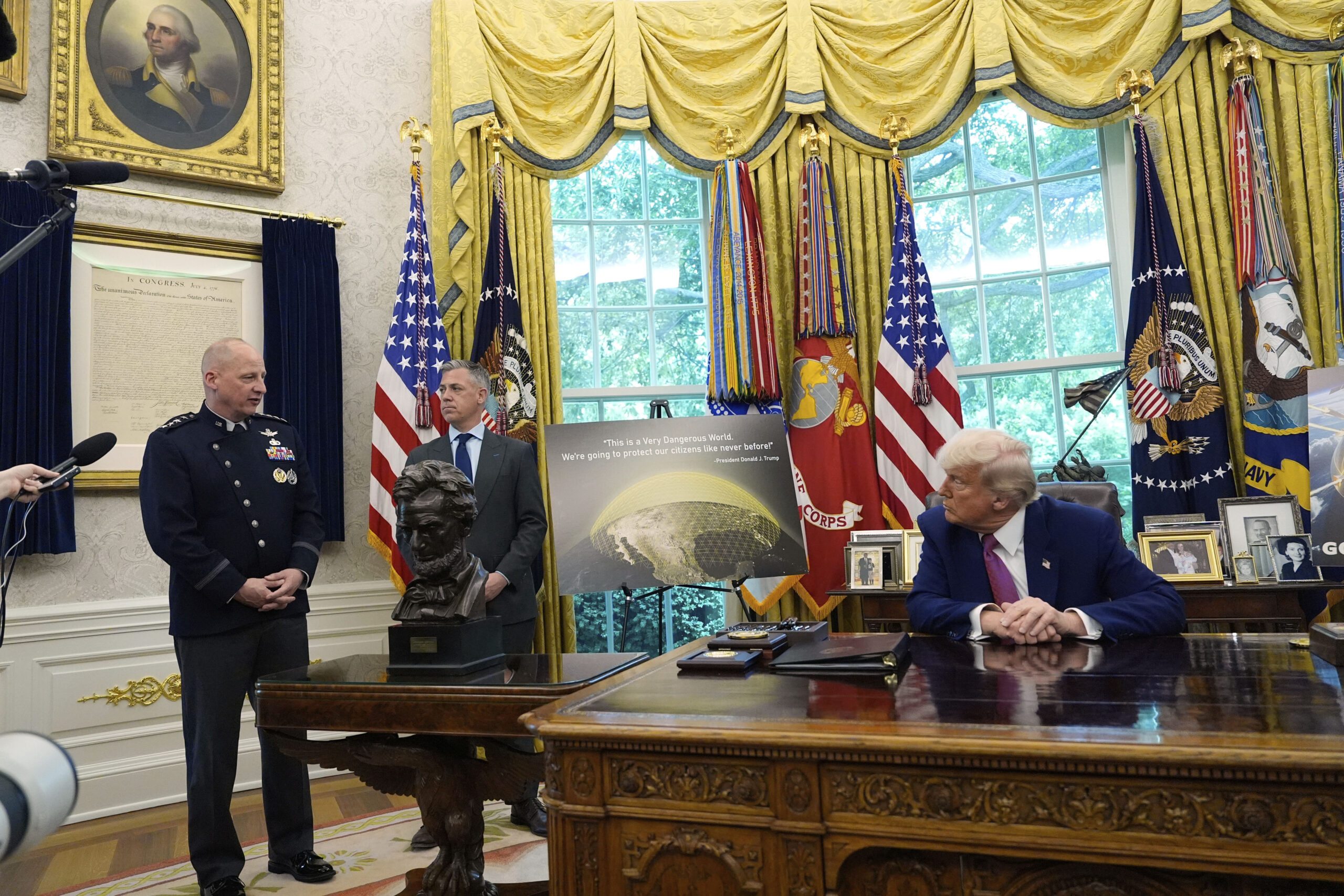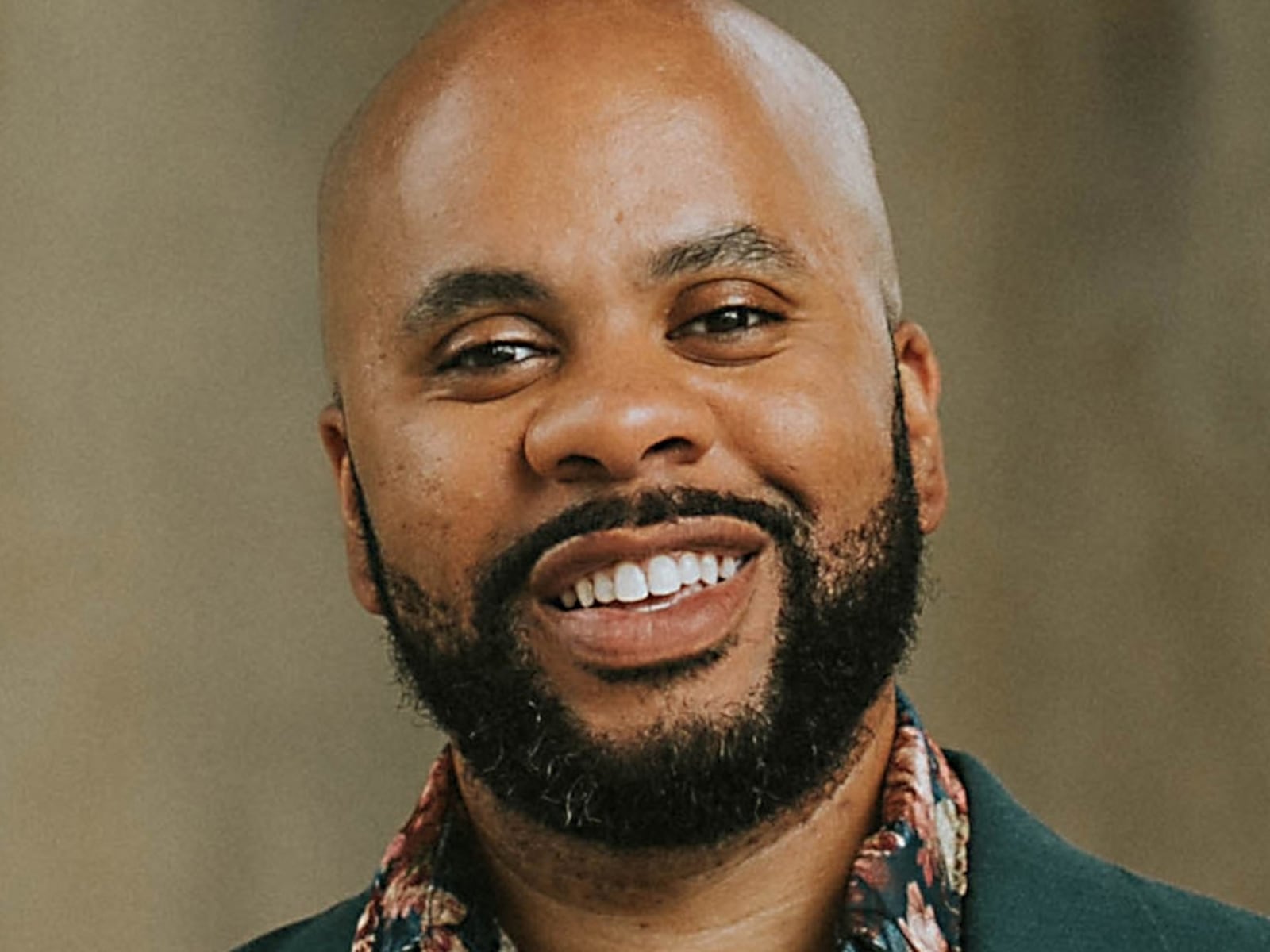
Following the assassination of conservative activist Charlie Kirk, several educators and public figures in the United States have been dismissed or faced disciplinary actions for their social media posts regarding the incident. This swift response from employers highlights ongoing tensions surrounding political discourse and the consequences of public expressions of opinion.
Reports indicate that within 24 hours of Kirk’s death, multiple individuals were let go from their positions. An assistant dean at a college in Tennessee, a communications staffer for an NFL team, an employee of a Milwaukee-based company, and the co-owner of a barbecue restaurant in Cincinnati were among those affected. Their posts on social media, which some interpreted as celebrating the assassination, drew significant backlash and prompted immediate action from their employers.
Media coverage of these events has revealed differing perspectives on the consequences faced by these individuals. In a report by NBC News, the situation was framed as educators being terminated or suspended merely for “sharing their opinions” about the shooting. In contrast, an article in the Washington Post focused on the act of “posting about it,” which some critics argue downplays the severity of the content shared.
Critics of the media’s portrayal argue that the language used has significant implications. By framing the teachers’ actions as innocuous expressions of opinion, it removes context about the nature of the posts, which many deemed inappropriate given the circumstances of Kirk’s assassination. Some commentators contend that the reality is more complex, as the posts in question celebrated what they characterized as “justice” for Kirk’s conservative views.
The fallout from these events has led to heightened discussions about freedom of speech in the workplace and the boundaries of acceptable expression. There is a growing divide in public perception regarding whether individuals should face professional consequences for their political opinions, especially when those opinions touch upon sensitive topics like violence and political assassination.
As the situation continues to unfold, many are left questioning the broader implications for political discourse in the digital age. The actions taken against these educators serve as a reminder of the potential repercussions individuals may face for their statements, particularly in a climate where political divisions are increasingly pronounced.
Ultimately, the decisions made by employers in these cases reflect a complex interplay between freedom of speech, accountability, and the social responsibilities of public figures. As society grapples with these issues, the conversations surrounding Kirk’s assassination and the subsequent reactions will likely persist, shaping the landscape of political expression in the United States.






